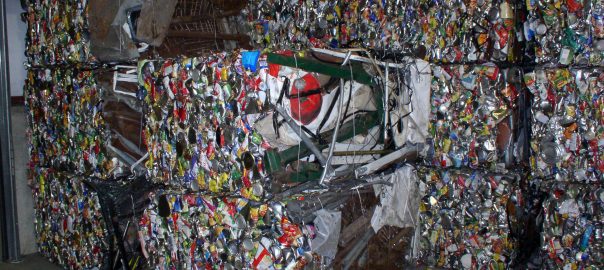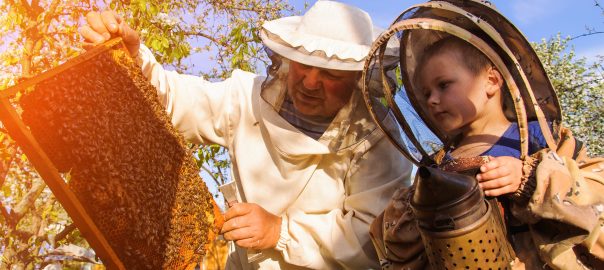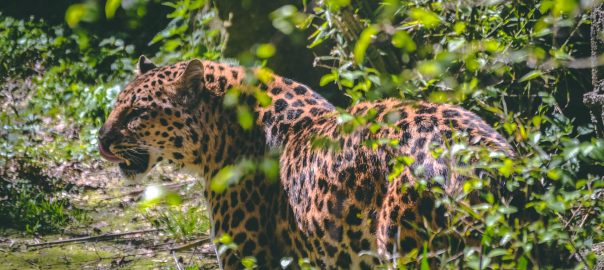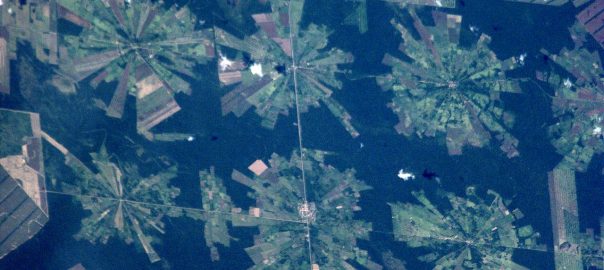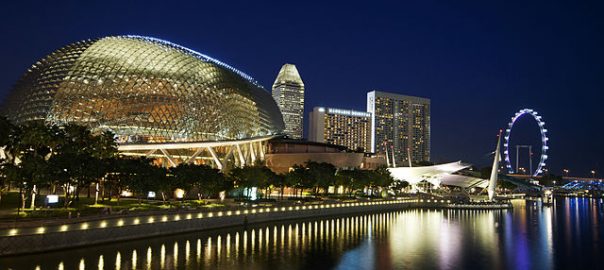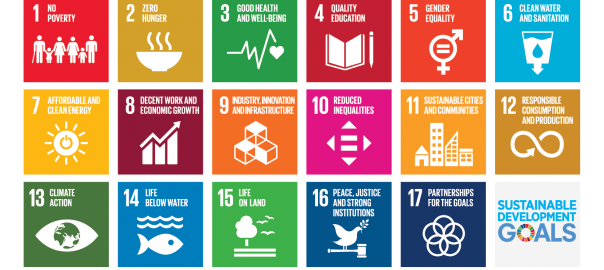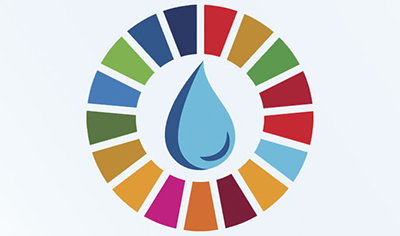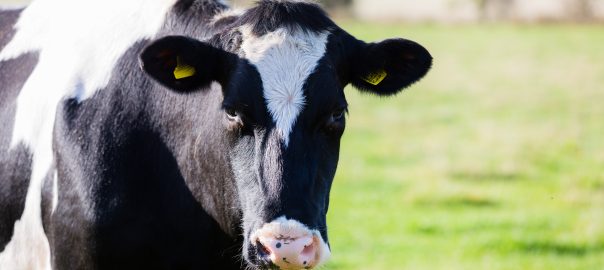What we waste has the potential to aid or severely harm us. As a species, we have the tendency to waste material resources at a scale that is unprecedented, especially plastics.
Many countries (mostly richer ones), live in a culture of excess or so called ‘throwaway culture’. The fashion industry as a whole doesn’t seem to even attempt to acknowledge this, probably not unlike the injustice of sweatshop labour in factories that produce their clothing. Similar to transparency in the garment industry, we need transparency on waste too.
But there are of course exceptions and likely many more are growing in response to planetary pressures. One of them is Sea Pigs based in Newcastle who make footwear designed to be recycled. I actually ran into their CEO once on Northumberland Street while giving a public survey on climate change, so thought it worth mentioning them.
Textiles as I learned at the Ending Waste event at Newcastle Helix, have a high carbon footprint, one that is easily ignored by consumers (I have many cloth bags too, just remember to use them for shopping at least 300 times). To really value materials, we need to move to something better – use less and do more with what we have.
A circular economy begins and ends with resource instead of waste, in fact, it doesn’t really end at all. It valorises products derived from natural resources that we otherwise throw away, and which inevitably clog the ecological systems we depend upon for survival. Cities throughout the world are doing more to embrace or at least help along mainly linear modes of material disposal and recycling, shaping them into circular ones. Continue reading Moving towards a circular economy →
